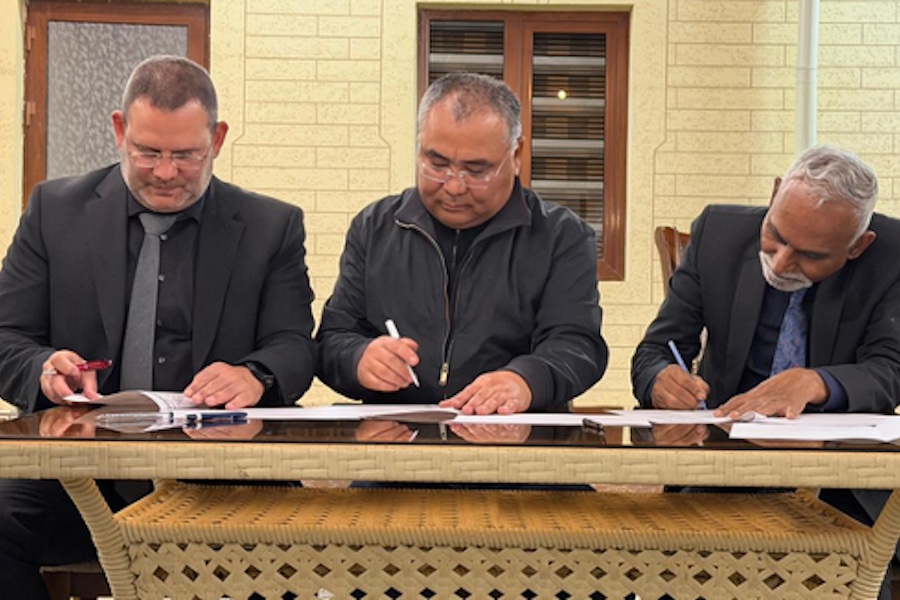#Raw Materials
New procedures for Cotton Organizations in the EU
A New Era of EU Involvement in ICAC
1. At the peak in the early 1980s, 14 countries who are now members of the European Union were individual members of ICAC. However, as European textile industries declined and companies in the cotton sector consolidated, European countries began to withdraw. By 2016, all members of the European Union had withdrawn from membership in ICAC in view of the accession of the European Union as a full member representing the 28 EU Members States.
2. The European Union acceded to membership in ICAC at the end of May 2017. This is a highly positive development and will ensure that ICAC remains relevant as a commodity body representative of all components of the value chain. The membership of the EU in ICAC provides an avenue by which individuals being EU citizens and organizations having registered in the European Union can participate officially in the meetings, special task forces and panels, and discussion groups organized or supported by ICAC.
3. The European Commission has received the mandate from the Council of the EU to represent the EU at the ICAC. Specifically, the Commission Unit in charge of the relation with ICAC is:
Mr. Michel De Knoop
Policy Officer – Programme Manager
DG International Cooperation - EuropeAid
DEVCO/C1 – Rural Development, Food Security, Nutrition
michel.de-knoop@ec.europa.eu
+32 2 295 48 69
Official Delegates to the 76th Plenary Meeting in Tashkent
4. The fact that the EU is a member of ICAC with exclusive competence does not reduce or impair the opportunities all interested stakeholders coming from any EU Member State have to participate in ICAC activities.
5. Cotton industry stakeholders from the EU may participate in the same way as they would have done within their national delegations previously.
6. Practically, this means that persons in the EU who wish to participate in the plenary meeting in Tashkent as Official Delegates should inform government officials in their capital of origin, the same government officials who would have developed a list of national delegates previously.
7. Government officials in each capital from the 28 EU Member States should send their list of delegates to the General Secretariat of the Council of the EU, just as they use to do.
8. Council will in turn forward a consolidated EU list of Official Delegates to the ICAC Secretariat.
9. The EU delegation will be headed by a representative from the Commission, and Official Delegates will participate in the plenary meeting as members of the EU delegation.
10. This is the usual and customary practice by which EU delegations to meetings of other international commodity bodies are composed.
Observers to the 76th Plenary Meeting
11. Just as was the case when EU Member States were still members of ICAC, persons who wish to attend the plenary meeting as Observers need not route their registration through national capitals or the European Commission. They may register directly with the Secretariat on the ICAC web site.
Members of PSAP, CSITC, IFCP and SEEP
12. Members of ICAC panels or task forces are automatically considered Official Delegates to each plenary meeting. Nevertheless, for the sake of good order, members of the PSAP, CSITC, IFCP and SEEP from the EU are asked to inform their national governments of an intention to participate in the plenary meeting so as to be included in the consolidated list of delegates provided to the Secretariat by the European Commission.
Procedures for Registration, Visas, Hotels and Tours
13. All participants in the plenary meeting are asked to register for the meeting on www.ICAC.org. This ensures that names, addresses and phone numbers are entered correctly in the ICAC database.
14. Observers are asked to pay the ICAC registration fee, Registration for Official Delegates and members of the specialized bodies are complementary.
15. Participants must also complete the Visa, Hotel and Technical Tour registration form provided by the Government of Uzbekistan to facilitate travel. This form is also available on www.ICAC.org.














